November 13 – 14, 2025
BioPharmaceutical Technology Center, Fitchburg, WI
The 2025 UW-Madison Psychedelic Symposium is a dynamic and transdisciplinary event aimed at expanding awareness, fostering knowledge exchange, and bridging gaps in psychedelic research, education, and policy. The symposium will bring together researchers, graduate students, and key industry stakeholders to share knowledge and facilitate collaboration.
The term “reset” can have many different meanings, depending on the context. Traditionally, it has meant a restart, often with the goal of correcting or improving a thing or action. More broadly, reset has been used to help conceptualize technology — such as restoring a device — back to its original state, while concepts like the “The Great Reset” have described large-scale economic and societal shifts. Psychedelic science and therapy have hypothesized various kinds of resets, relating to how substances and integration might help people break out of rigid thought patterns, alleviating issues like intractable depression, anxiety, or PTSD. In the realm of wellness or psychology, reset has often referred to a mental or emotional refresh and has been associated with reevaluating behavior, changing habits, or taking a break. In 2025, reset is also a useful way to think about the psychedelic field itself.
Presentations and panel discussions will focus on three priority topic areas: Industry, Safety & Regulation, Neuroscience, Neuropharmacology & Clinical.
Symposium Information
Symposium Agenda
| Thursday, November 13, 2025 | |
|---|---|
| 8:15 | Check-in/Continental Breakfast |
| 8:45 | Welcome/Introductions
|
| AM Session – Safety & Regulation | |
| 9:00 | Psychedelics, Journalism’s Problem Child: Five Years of Reporting on the Psychedelic Renaissance Speaker: Shayla Love, Science Journalist, Brooklyn, NY |
| 9:30 | Beyond Inclusion: Reconciling Psychedelic Healing and Indigenous Rights Speaker: Christine McCleave, Former CEO National Native American Boarding School Healing Coalition, Minneapolis, MN |
| 10:00 | Psychedelics in the Modern Medical World (Virtual) Speaker: Franklin King, MD, Director of Training and Education, Center for Neuroscience of Psychedelics Massachusetts General Hospital, Instructor in Psychiatry, Harvard Medical School, Boston, MA |
| 10:30 | Break |
| 10:45 | The Healing Hand: History of Touch and Safety in Psychedelic Assisted Therapy Speaker: Zoe Dubus, Banting Postdoctoral Researcher, College of Arts and Science, Department of History, USASK Canada – Member of the scientific network of the Institut des humanités en médecine, Lausanne, Switzerland Associate researcher at the PSYCOMadd unit, Paul Brousse Hospital, Paris, France. |
| 11:15 | Panel Discussion – Shayla Love, Zoe Dubus, Franklin King and Chrisine McCleave Moderator: Steve Paulson, Executive Producer, Wisconsin Public Radio, Madison, WI |
| 12:00 | Lunch and Poster Session Professional Networking and Development Event |
| PM Session – Industry and the Future | |
| 1:30 | Bridging Psychedelic Research and Real-World Implementation Speaker: Manish Agrawal, Sunstone Therapies |
| 2:00 | New Directions in MDMA-like Molecules Speaker: Matthew Baggott, PhD, Neuroscientist, Co-Founder and CEO, Tactogen , San Francisco, CA |
| 2:30 | Reduced Hallucinogenic Potential of Modified Tryptamines and Their Future in the Treatment of Neurodegeneraton and Psychiatric Disorders Speaker: Jackie von Salm, PhD, Co-founder and CSO Psilera, Inc, Tampa, FL |
| 3:00 | Break |
| 3:15 | Frontiers of the Economics of Psychedelics Speaker: Elliot Marseille, DrPh, MPP, Director, Collaborative for the Economics of Psychedelics, UC Berkeley, Berkely, CA Principal, Health Strategies international, Oakland, CA |
| 3:45 | Panel Discussion – Manish Agrawal, Matt Baggott, Jackie von Salm, Tura Patterson, Elliot Marseille Moderator: Steve Paulson, Executive Producer, Wisconsin Public Radio, Madison, WI |
| 4:30 | Closing Remarks Lucas Richert, PhD |
| 4:35-5:30 | Reception, Poster Session and optional Community Integration Discussion Circles |
| Friday, November 14, 2025 | |
| 8:00 | Continental Breakfast |
| 8:50 | Welcome/Introductions Lucas Richert, PhD, Professor & Urdang Chair in Pharmacy History, Division of Clinical Practice, Innovation and Research, University of Wisconsin-Madison, School of Pharmacy, Madison, WI |
| AM Session – Industry, Neuropharmacology, Clinical | |
| 9:00 | Using Neuroimaging to Assess the Effects of Neuromodulation on Psilocybin Outcomes Speaker: Emma Bublitz, PhD Candidate at University of Wisconsin-Madison, School of Pharmacy, Madison, WI |
| 9:30 | Establishing a nonhuman Primate Model to Investigate Mechanisms of Action of Raid-Acting Antidepressants Speaker: Ashton Barber, PhD Candidate at University of Wisconsin-Madison, School of Pharmacy, Madison, WI |
| 10:00 | Break |
| 10:15 | The Village is the Medicine: An Introduction to ACER Integration (Virtual presentation) Speaker: Rosalind Watts, PhD, Founder, Director, ACER Integration |
| 11:00 | Psychedelic Group Therapy Considerations Speaker: Chris Stauffer, MD, Assistant Professor, Psychiatry, Oregon Health & Science University, VA Portland Health Care System, Director, Social Neuroscience & Psychotherapy Lab, Portland, OR |
| 11:45 | Lunch and Poster Session |
| PM Session – Industry, Neuropharmacology, Clinical | |
| 1:15 | Investigating non-hallucinogenic Mechanisms for Antidepressant Effect of Psilocybin in Mice Speaker: Katherine Nautiyal, PhD, Associate Professor, Psychological and Brain Sciences, Dartmouth College, Hanover, New Hampshire |
| 2:00 | Notes from the Field: Ethnobotany, Transdisciplinarity and Psychedelic Science Speaker: Liz Birkhauser, PhD Candidate at University of Wisconsin-Madison, School of Pharmacy, Madison, WI |
| 2:30 | Pharmacokinetics of Maternal-fetal Transfer of Lysergic Acid Diethylamide Speaker: Josephine Anderson, PhD Candidate at University of Wisconsin-Madison, School of Pharmacy, Madison, WI |
| 3:00 | Break |
| 3:15 | Title coming soon Speaker: Josh Hardman, Founder & Editor, Psychedelic Alp |
| 4:00 | Panel Discussion: Katherine Nautiyal, Chantelle Thomas, Cody Wenthur and Josh Hardman Moderated by: Steve Paulson, Executive Producer, Wisconsin Public Radio, Madison, WI |
| 4:45 | Closing Remarks Lucas Richert, PhD, Professor & Urdang Chair in Pharmacy History, Division of Clinical Practice, Innovation and Research, University of Wisconsin-Madison, School of Pharmacy, Madison, WI |
| 4:55-6:00 | Reception, Poster Session and optional Community Integration Discussion Circles |
– Please Note: –
NO ONSITE REGISTRATION will be available
Symposium dates:
Nov 13 – 14, 2025
Event Location:
BioPharmaceutical Technology Center
Promega Campus
5445 E Cheryl Pkwy
Fitchburg, WI
Registration fee
- $250 for 2 days
- $125 for one day, either Thur Nov 13 or Friday Nov 14
- Grad Students: $50 per day, either Thur Nov 13 or Fri Nov 14
Registration deadline: Nov 12, 2025
Refund Policy
Accommodations
A room block has been set up at the following hotel. Reservations are the responsibility of the attendee.
Wyndham Garden Hotel (2 miles from Symposium site)
2969 Cahill Main
Fitchburg, WI 53711
608.274-7200
Rate: $99 per night
Industry Perspectives
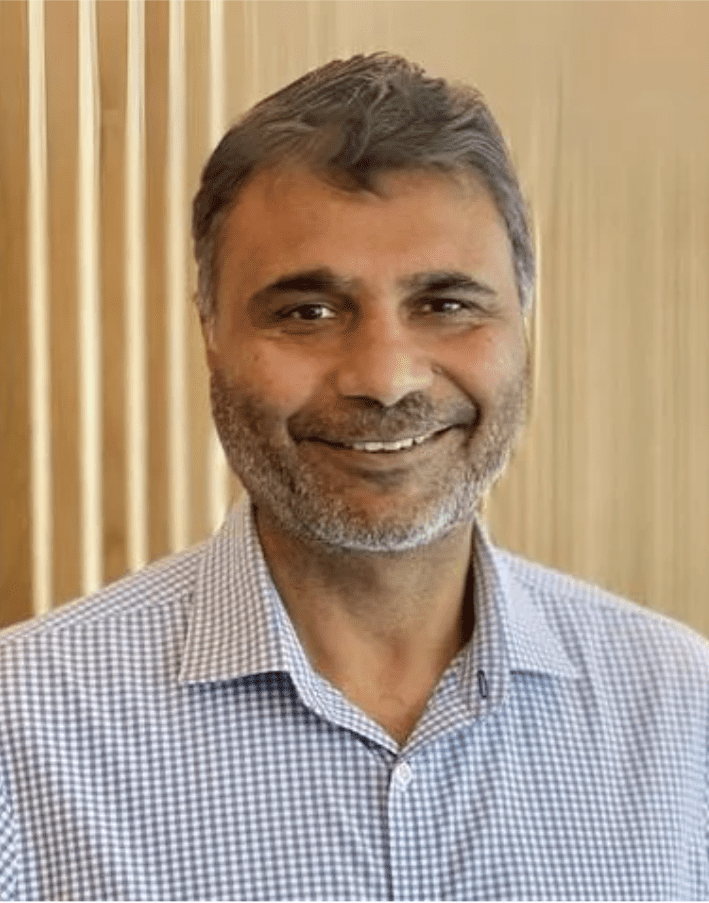 Manish Agrawal
Manish Agrawal
Founder and CEO, Sunstone Therapies
Dr. Manish Agrawal’s extensive background and experience spans medicine, engineering, philosophy, ethics, and research. He currently serves as Founder & CEO of Sunstone Therapies, a leader in the delivery of psychedelic-assisted therapy in the medical setting and the development and execution of clinical trials for those affected by complex mental health challenges. Manish previously held the position of Co-Director of Clinical Research at Maryland Oncology Hematology, where he dedicated 15 years to the care of cancer patients. He completed a fellowship at the National Cancer Institute, National Institutes of Health, and his residency at Georgetown University Medical Center.
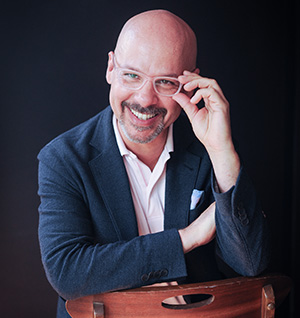 Matthew Baggott
Matthew Baggott
Neuroscientist and CEO, Tactogen
Matthew Baggott is a neuroscientist and CEO of Tactogen, a public benefit corporation developing next-generation entactogens. Matthew began his scientific career in the first lab to study the potential neurotoxicity of MDMA and now has over three decades of experience studying MDMA and related molecules. Before his work at Tactogen, he was most recently a Director of Data Science and Engineering at Genentech. Matthew earned an undergraduate degree in philosophy at the University of Chicago and a doctorate in neuroscience from the University of California, Berkeley.
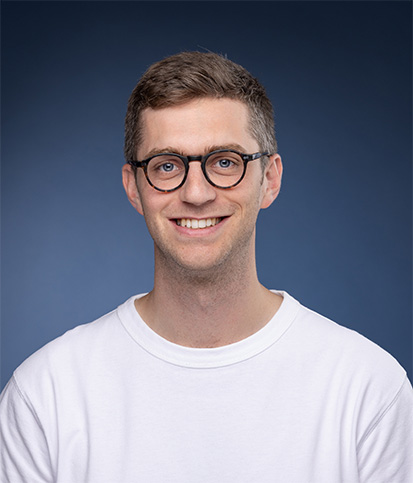 Josh Hardman
Josh Hardman
Founder & Editor, Psychedelic Alpha
Josh Hardman is the founder and editor of Psychedelic Alpha, an independent media and consultancy firm devoted to the psychedelics industry—from business and drug development through to policy reform and scientific research. Using data-driven reporting, analysis and commentary, Hardman strives to empower individuals with the knowledge, network and nuance to make an impact within the emerging field of psychedelic medicine and beyond. Hardman has authored hundreds of analyses on topics broadly related to psychedelic business, policy and research, such as commercialisation, IP and regulation. He has spoken about psychedelic drug development and industry at conferences worldwide and acted as an expert witness to bodies such as the European Parliament and the Dept. of Health and Human Services.
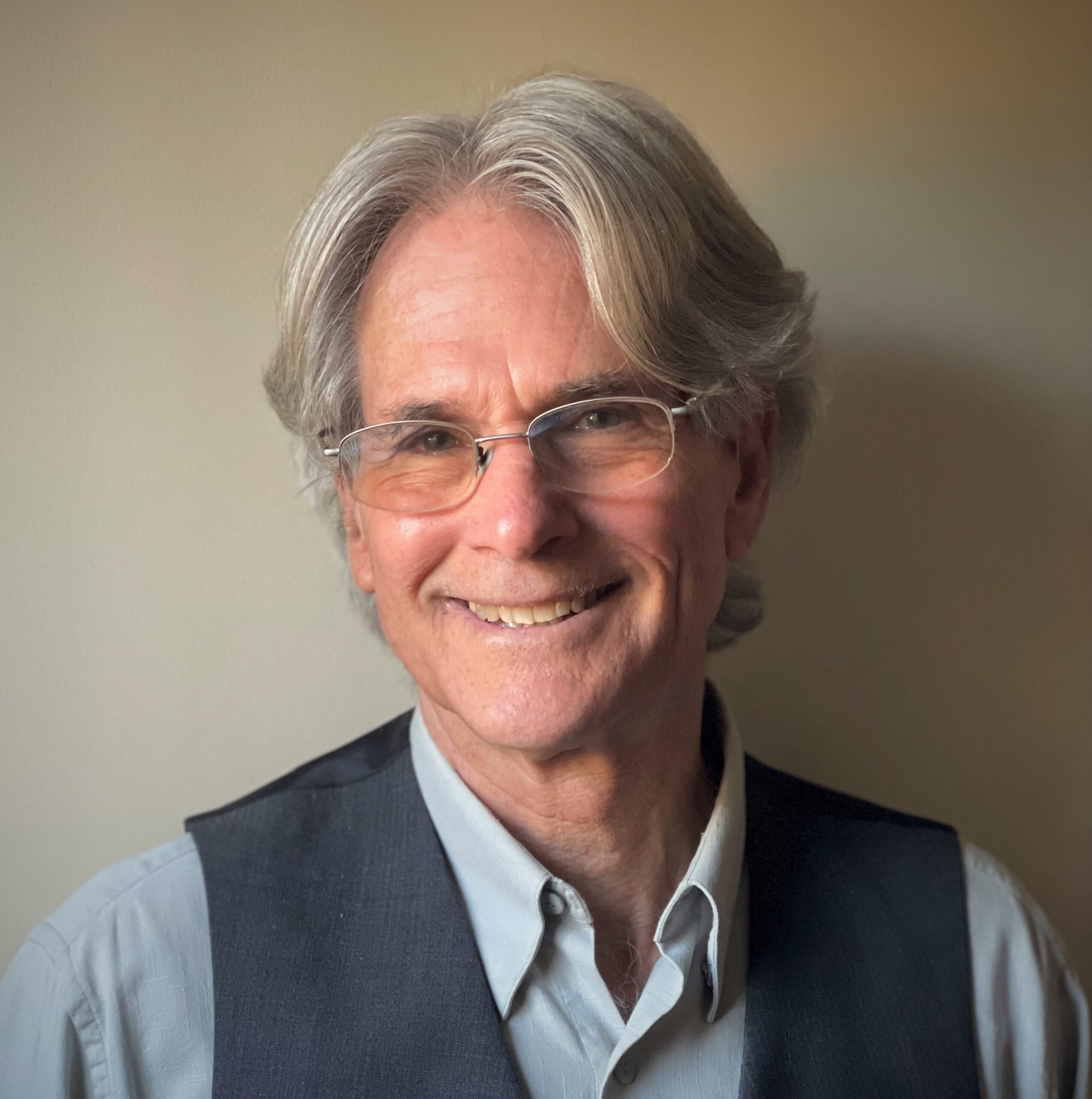 Elliot Marseille
Elliot Marseille
Principal, Health Strategies International
Dr. Elliot Marseille is Principal at Health Strategies International. He has 35 years of senior public health management and research experience and has published widely on the cost-effectiveness of a range of global health diseases and conditions, with a focus on HIV/AIDS. He is the Course Director for Cost-Effectiveness Analysis in Medicine and Public Health, at UCSF. Dr. Marseille is a leading expert on the economics of the emerging psychedelic-assisted therapies to treat a range of psychiatric indications. He consults with the Multidisciplinary Association for Psychedelic Studies (MAPS) in modeling the economics of MDMA-assisted psychotherapy for the treatment of severe, treatment-resistant PTSD; with the Usona Institute in analyzing the cost-effectiveness of psilocybin-assisted therapy to treat major depression; and with John Hopkins U on the cost-effectiveness of psilocybin-assisted therapy for tobacco cessation.
 Tura Patterson
Tura Patterson
Senior Director, Strategic Partnerships, Usona Institute
Tura Patterson is the Senior Director of Strategic Partnerships at Usona Institute, where she leads an integrated portfolio that spans strategic alliances, philanthropy, educational programming, external communications, and long-term planning for the future delivery of care. With a background in economics, international relations, and sustainable development, Tura brings over 30 years of leadership experience across non-profit, academic, and high-technology sectors. At Usona, Tura’s efforts focus on cultivating partnerships and building the ecosystem to support responsible and equitable access to psychedelic therapies.
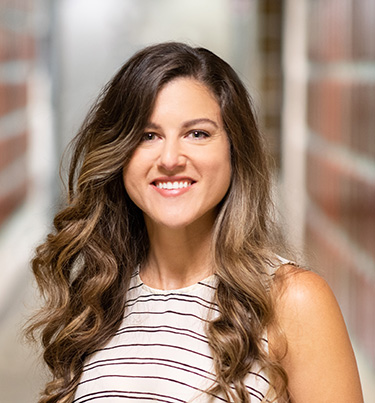 Jackie von Salm
Jackie von Salm
Co-founder and CSO, Psilera, Inc
Dr. Jackie von Salm is Co-Founder and Chief Scientific Officer at Psilera, Inc., a Florida-based biotechnology company founded in 2019 focused on discovering new treatments for mental health. Dr. von Salm graduated with Honor’s (magna cum laude) with her B.A. and Ph.D. in Chemistry from the University of South Florida with a focus on natural products drug discovery and chemical ecology. She was named the Most Read Author in 2017 by the American Chemical Society (ACS), awarded the Cosmic Sister Emerging Voices Award in 2019, the ACS ElSohly Award in 2020, and has been featured in National Geographic, Nature, and the Wall Street Journal.
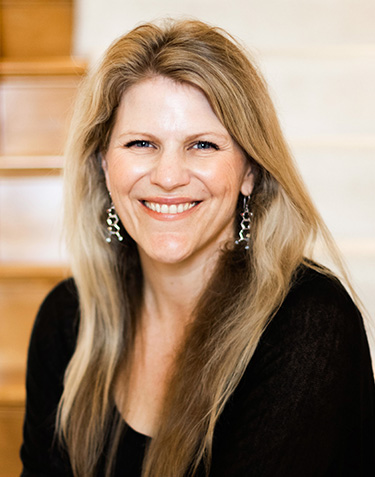 Chantelle Thomas
Chantelle Thomas
Executive Clinical Diretor, Windrose Recovery
Chantelle Thomas, PhD, Thomas is a clinical psychologist and Executive Clinical Director of Windrose Recovery-a multi-level residential addiction treatment program offering detoxification, intensive outpatient programming and integrated ketamine assisted psychotherapy. Dr. Thomas is also involved in clinical research trials at the University of Wisconsin School of Medicine and Public Health investigating psilocybin for addiction and depression and MDMA for PTSD. She currently serves as an associate supervisor and trainer on the MAPS sponsored clinical trials of MDMA-Assisted Psychotherapy for PTSD for US and European clinical trials and the recently initiated Expanded Access Program. Dr. Thomas completed a post-doctoral fellowship in health psychology at the University of Wisconsin School of Medicine and Public Health and is a certified biofeedback practitioner.
Safety & Regulation
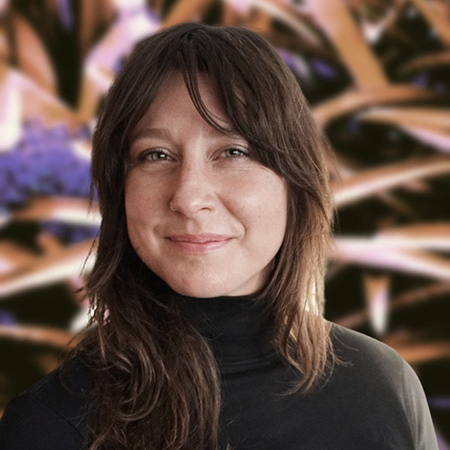 Liz Birkhauser
Liz Birkhauser
PhD Candidate, UW-Madison
Liz Birkhauser is an ethnobotanist and PhD student at UW-Madison pursuing a joint degree in Health Services Research in the School of Pharmacy and Environment & Resources in the Nelson Institute for Environmental Studies, minoring in Botany. She is in the 2nd year of a Holtz Center for Science and Technology Fellowship, a co-organizer of Psychedelic Pasts, Presents & Futures Workshop, and is a member of the Urdang Lab. Her research examines human-plant-environment relationships, with a focus on psychoactive materials and their role in social and ecological systems in a changing world. Currently, research is investigating medicinal plant knowledge networks in the Northwest Amazonian lowlands, exploring health-seeking behaviors, nature/culture, and interspecies relationships. She employs transdisciplinary approaches bridging the humanities, social and natural sciences, bringing over 20 years of experience working with plants, people, and ecosystems. She has conducted fieldwork in the South Pacific, North America, and, most recently, the northwest Amazon.
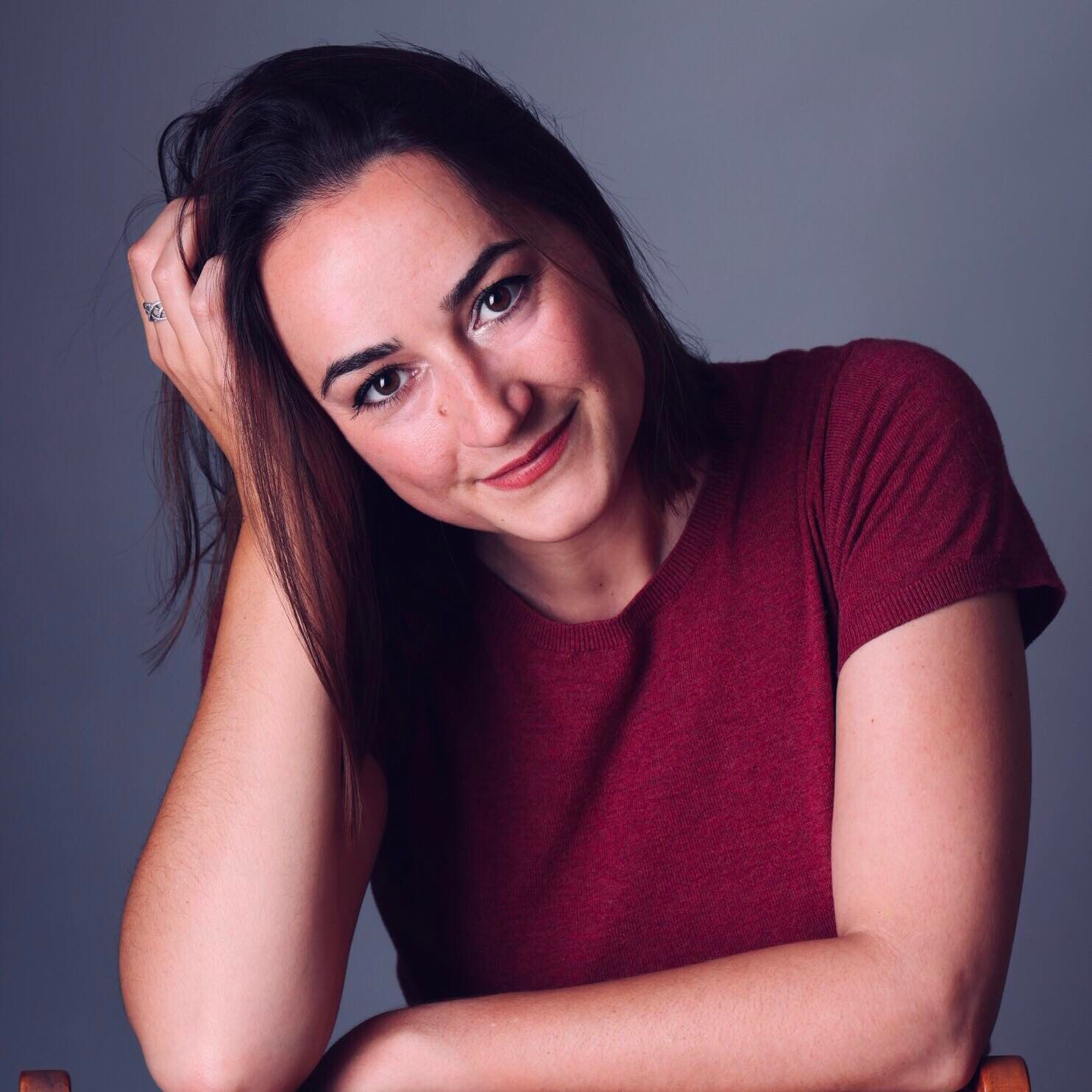 Zoë Dubus
Zoë Dubus
Postdoctoral Researcher, Institut national de la santé et de la recherche médicale (INSERM). France
Zoë Dubus is a post-doctoral researcher in history of medicine at Cermes3 (Université Paris Cité, CNRS, Inserm), in the ARCHE project. She obtained a funding from the Institut pour la Recherche en Santé Publique (IRESP), which seeks to document the history of clinical trials involving psychedelics in addiction treatment and psychiatric care in France and Anglo-American country. Author of numerous publications, her work aims more generally to understand the relationship between doctors and psychotropic drugs, conceived alternatively as innovative medicines or as toxic substances.
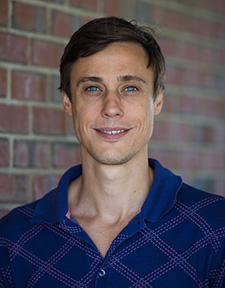 Franklin King
Franklin King
Clinical Instructor, Harvard Medical School
Dr. King completed residency in psychiatry at MGH/McLean followed by a fellowship in Consult-Liaison (CL) Psychiatry at MGH and a research fellowship at the MGH Cardiac Psychiatry Research Program. His areas of research include optimization of therapy paradigms within psychedelic research as well as the use of psychedelic-assisted therapies in disorders at the mind-body interface. Dr. King is currently the Principal Investigator in a pilot study exploring the feasibility of psilocybin-assisted therapy for irritable bowel syndrome, Co-PI for a collaboration with Fireside Project, a national psychedelic harm reduction organization, and is the study psychiatrist for a neuroimaging study examining the effects of MDMA-assisted therapy for fibromyalgia. He is also co-developing the Harvard-wide Interdisciplinary Program in Psychedelics with colleagues at BWH and BIDMC, a program that provides education and training in psychedelic-assisted therapies for clinicians across the HMS community.
 Shayla Love
Shayla Love
Journalist, The Atlantic
Shayla Love is a science journalist based in Brooklyn, and a contributor at The New Yorker and The Atlantic. She writes about mental health, the psychology that underpins wellness trends, and the shifting ways we understand our bodies and minds. She also covers research on psychedelics for the treatment of mental illness, and the sociocultural impacts of the psychedelic renaissance. Shayla has a master’s degree from Columbia University, and was previously a staff writer at Vice, Psyche, and The Guardian. Her work has also appeared in The New Republic, Scientific American, Harper’s Bazaar, Wired, Esquire, The New York Times, Nautilus, and more.
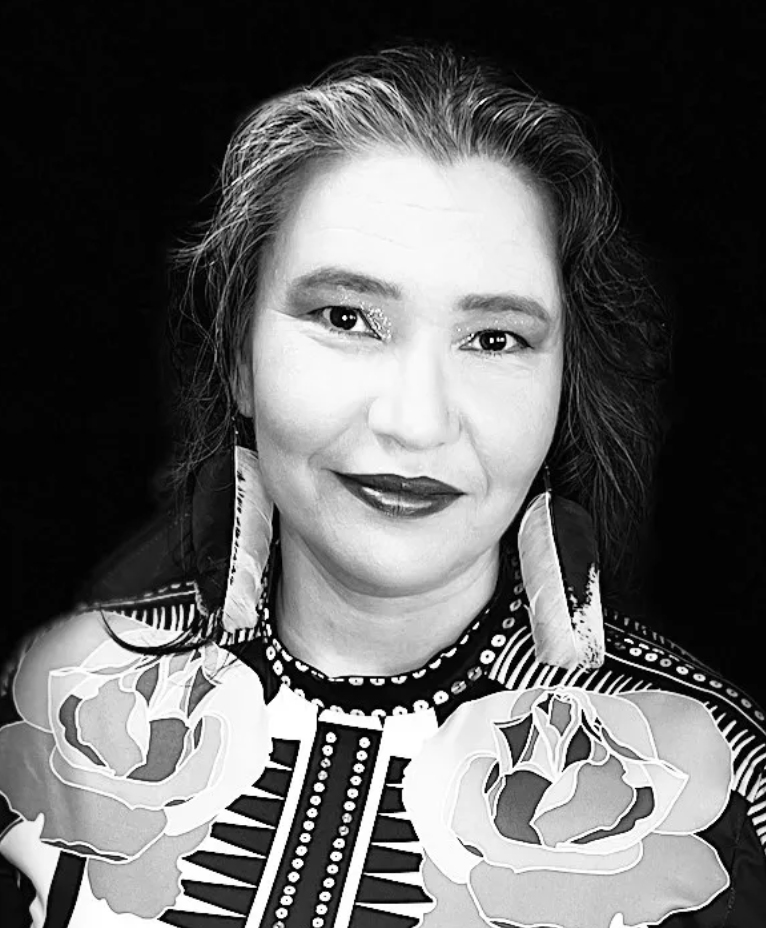 Christine McCleave
Christine McCleave
Former CEO, National Native American Boarding School Healing Coalition
Dr. McCleave is the former CEO of the National Native American Boarding School Healing Coalition, where she co-authored federal legislation establishing a Truth Commission on Indian Boarding Schools—a government policy rooted in forced assimilation and the suppression of Indigenous cultures. She recently completed her groundbreaking dissertation, “More Than Peyote: Trauma, Healing, and the Politics of Indigenous Cultural Survival in the Age of Psychedelic Colonialism,” which offers a powerful analysis of accountability within the psychedelic movement through a critical Indigenous lens. In addition to her academic and policy work, Dr. McCleave served as Moderator and Project Manager for Colorado’s Federally Recognized American Tribes and Indigenous Community Working Group, contracted by Colorado’s Department of Regulatory Agencies (DORA) and Natural Medicine Program. Dr. McCleave is an enrolled citizen of the Turtle Mountain Ojibwe Nation.
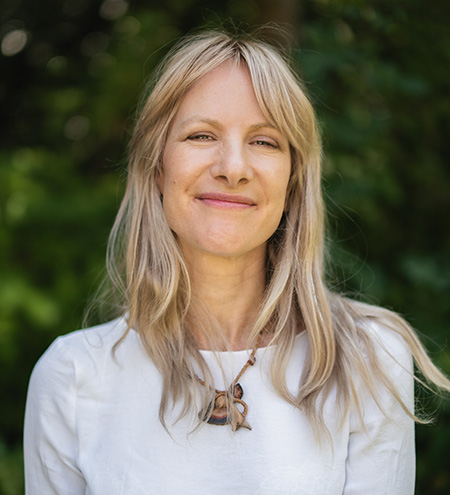 Rosalind Watts
Rosalind Watts
Founder and Co-director of ACER Integration
Dr. Rosalind Watts is a clinical psychologist and the founder and co-director of ACER Integration (Accept, Connect, Embody, Restore), a global mycelial community supporting psychedelic integration through nature-based wisdom. Her work builds on her earlier development of the ACE model (Accept, Connect, Embody) of psychedelic-assisted therapy in clinical trials, and her creation of the Watts Connectedness Scale (WCS), a psychometric tool measuring connection to self, others, and the wider world. Her current focus is on community building: strengthening networks of care to support the integration of psychedelics into Western culture in an era of systemic collapse and regeneration. Now in its sixth cohort, the ACER programme has guided more than 400 participants through a yearlong journey of slow, deep, and long-lasting change.
Neuroscience & Neuropharmacology & Clinical
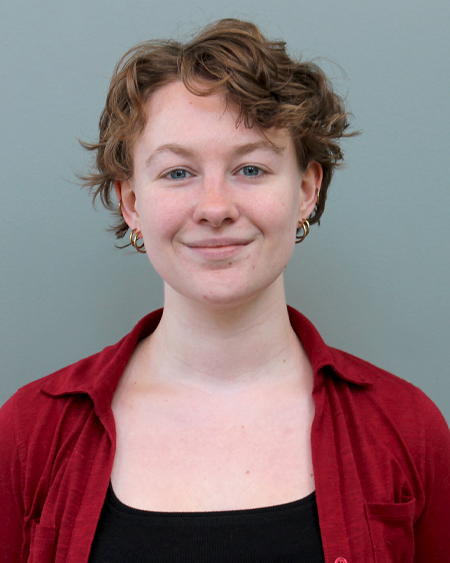 Josephine Anderson
Josephine Anderson
PhD Candidate, UW-Madison
Josephine Anderson is a current PhD Student at the UW–Madison School of Pharmacy studying Pharmaceutical Sciences. She brings three years of analytical chemistry research experience to her current position, and has published in both the Journal of Natural Products and Molecules. Josephine’s current research is a collaboration with Boston Children’s Hospital centering around the potential effects of maternal ingestion of serotonergic hallucinogens on fetal development. Her specific focus is on the pharmacokinetics of maternal-fetal transfer of the drugs of interest, and developing methods of detection to aid said study.
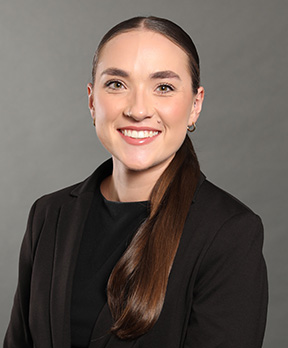 Emma Bublitz
Emma Bublitz
PhD Candidate, UW-Madison
Emma Bublitz is currently a 2nd year PhD student, mentored by Drs. Matthew Banks, Christopher Nicholas, and Charles Raison, in the Neuroscience Training Program at UW–Madison. In her research, Emma is focused on using neuroimaging techniques, such as functional MRI and diffusion tensor imaging, to better understand the mechanisms of psychedelic drugs in humans. More specifically, she is investigating functional and structural connectivity, and the neural correlates of emotional memories and psychological flexibility.
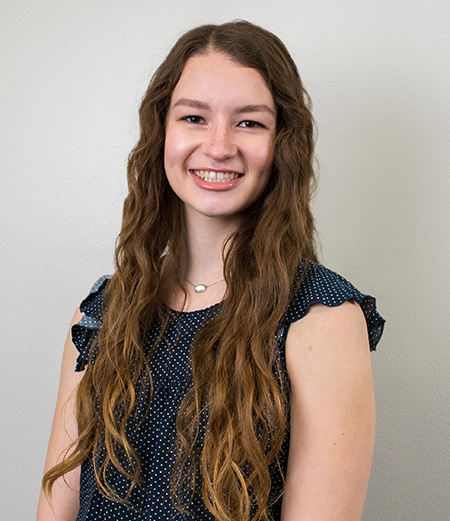 Ashton Barber
Ashton Barber
PhD Candidate, UW-Madison
Ashton Barber is a 5th year PhD candidate in Ned Kalin’s lab at UW–Madison. She is passionate about understanding and developing novel treatments for mental health disorders. Her thesis work focuses on investigating the effects of ketamine and psilocybin on anxiety-related behaviors in nonhuman primates.
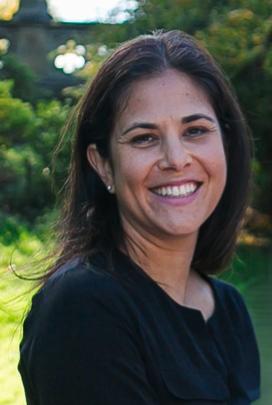
Kate Nautiyal
Assistant Professor – Psychological and Brain Sciences, Dartmouth College
Kate Nautiyal is an Assistant Professor of Psychological and Brain Sciences at Dartmouth College. As a behavioral neuroscientist, Kate uses preclinical models to understand the mechanisms through which psilocybin changes the brain to induce persisting antidepressant effects.
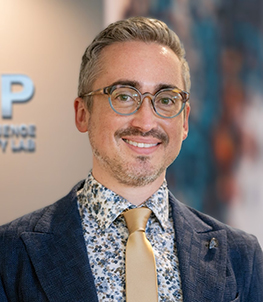
Chris Stauffer
Assistant Professor – Psychiatry and Addiction Medicine, Oregon Health & Science University
Chris Stauffer, MD is Associate Professor of Psychiatry and Addiction Medicine at Oregon Health & Science University and Director of the Social Neuroscience & Psychotherapy Lab housed at the Portland VA, where he conducts clinical trials of psilocybin and MDMA-assisted therapy—with a particular interest in group therapy. He also co-founded the Open Psychedelic Evaluation Nexus, which conducts health services research on state-level legal psilocybin services.
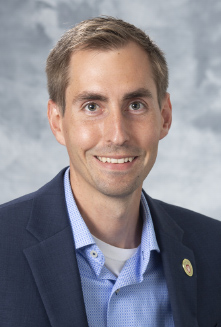
Cody Wenthur
Associate Professor – UW–Madison School of Pharmacy
Cody Wenthur is Co-Director of the Wisconsin Opioid Overdose Response Center and
Director of Graduate Studies for the Psychoactive Pharmaceutical Investigation Programs at UW–Madison School of Pharmacy.
Moderators
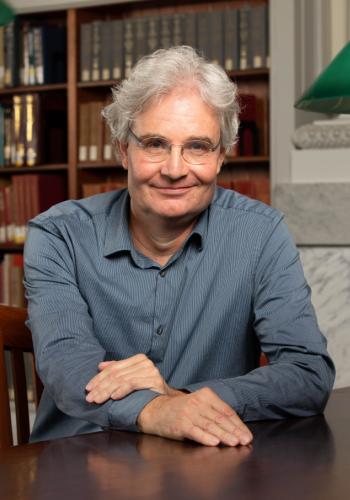
Steve Paulson
Executive Producer of “To the Best of Our Knowledge”
Steve is the Executive Producer and one of the founders of syndicated public radio show To the Best of Our Knowledge. He is also the host of Luminous, a podcast about the science, philosophy and culture of psychedelics. He has been a contributing writer for Salon and Nautilus and has written for Slate, Huffington Post and The Atlantic. His radio reports have also been broadcast on NPR’s Morning Edition and All Things Considered. His book, Atoms and Eden: Conversations on Religion & Science, was published by Oxford University Press in 2010.
2025 Psychedelic Symposium – Poster Submission Overview
- Symposium registration and payment are required for participation in the poster session.
- Up to 30 posters will be accepted. To be considered your abstract must be received by Thursday, October 23, 2025.
- Poster sessions will be during lunch hours and end of day receptions on both Thursday and Friday.
Submission Guidelines
- Applicants are encouraged to submit posters on research projects relevant to the Symposium theme.
- Posters focusing on hypothesis-based or hypothesis-generating research are encouraged. Posters simply proposing opinions without objective, supporting evidence are discouraged.
- Abstracts should be 200 – 300 words in length.
- Please e-mail your abstract to Pam French, who will confirm receipt and manage communications related to the Committee’s review.
- Accepted posters should be sized up to 40″ x 30″. We have foam-core boards that you can pin or clip your poster on for easel display. The orientation can be reversed; your poster can be slightly larger (or smaller) and still fit fine. We will provide pins/clips for your use.
- If you have any questions, please contact Pam French at pamela.french@wisc.edu
- Jesus Anchondo
- Liz Birkhauser
- Pam French
- Paul Hutson
- Christopher Nicholas
- Lucas Richert
- Cody Wenthur
Sponsors
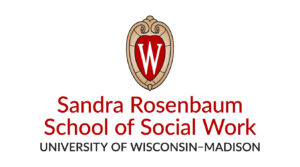
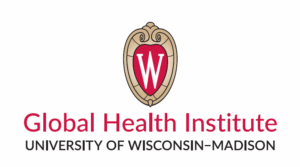
![]()







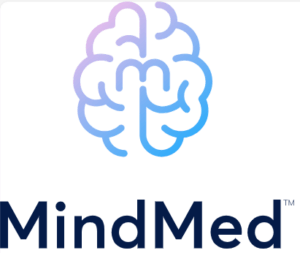
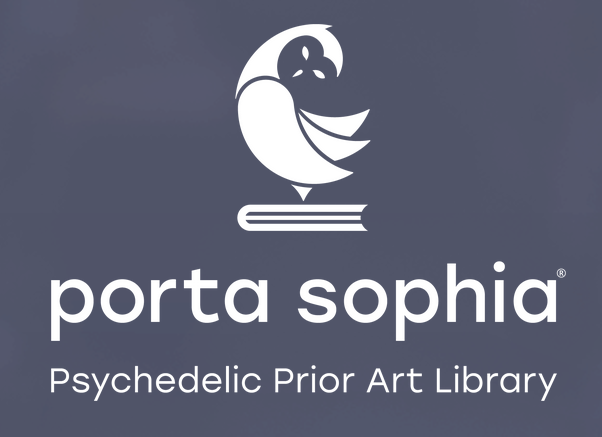
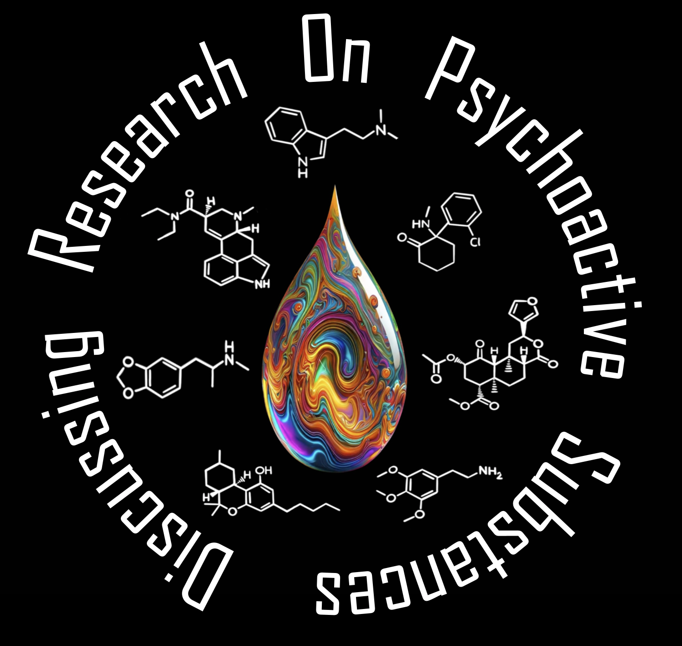

Make a Gift
Help our team of scientists, clinicians, and teachers advance treatment of PTSD and depression with psychoactive substances.